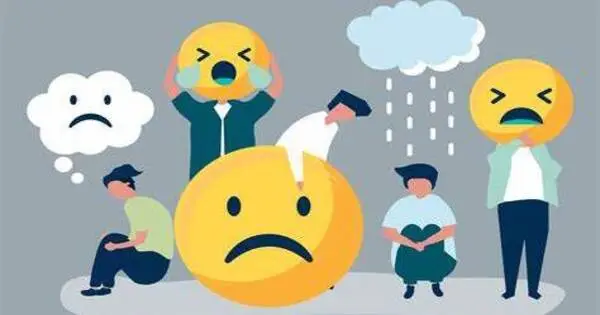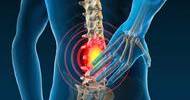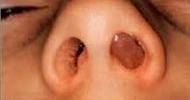Managing depression often entails a combination of therapy, lifestyle, and, in some cases, pharmaceutical therapies. Depression treatment may include a variety of therapies such as drugs, behavior therapy, psychotherapy, and medical devices. It’s crucial to remember that dealing with depression is a complicated process, and different techniques may work differently for different people. It’s critical to seek individualized advice from healthcare professionals.
Depression is a symptom of some physical conditions, a side effect of some medications and medical treatments, and a sign of some mood disorders such as major depressive disorder or dysthymia. A clinical assessment of depression that evaluates vitamins, minerals, electrolytes, and hormones eliminates physical causes.
Though psychiatric medication is the most commonly given therapy for serious depression, psychotherapy, either alone or in combination with medication, may be useful. Combining psychotherapy and antidepressants may provide a “slight advantage,” although antidepressants or psychotherapy alone do not differ significantly from other treatments, such as “active intervention controls.”
Here are some general strategies for managing depression:
(1) Professional Help:
- Therapy (Psychotherapy or Counseling): Cognitive-behavioral therapy (CBT), dialectical behavior therapy (DBT), and interpersonal therapy (IPT) are among the types of psychotherapy commonly used for depression.
- Medication: Antidepressant medications may be prescribed by a psychiatrist. It’s important to take medications as prescribed and communicate any side effects or concerns with the healthcare provider.
(2) Lifestyle Changes:
- Regular Exercise: Physical activity has been shown to have a positive impact on mood. Aim for at least 30 minutes of moderate exercise most days of the week.
- Healthy Diet: A well-balanced diet rich in fruits, vegetables, lean proteins, and whole grains can support overall well-being.
- Adequate Sleep: Ensure you are getting enough quality sleep. Establish a regular sleep schedule and create a conducive sleep environment.
- Limit Alcohol and Substance Use: Alcohol and certain substances can worsen depression. Limiting or avoiding them is advisable.
(3) Social Support:
- Connect with Others: Isolation can exacerbate depression. Maintain social connections with friends, family, or support groups.
- Open Communication: Share your feelings with someone you trust. Sometimes, talking about your thoughts and emotions can provide relief.
(4) Mindfulness and Relaxation Techniques:
- Mindfulness Meditation: Practices such as mindfulness-based stress reduction (MBSR) can help manage stress and improve overall mental well-being.
- Deep Breathing and Relaxation Exercises: Techniques like deep breathing or progressive muscle relaxation can help reduce anxiety and stress.
(5) Setting Realistic Goals: Break Tasks into Smaller Steps: Overwhelming tasks can contribute to feelings of hopelessness. Break tasks into smaller, more manageable steps.
In individuals under the age of 18, psychotherapy is the preferred treatment, with medicine used only in conjunction with the former and not as a first-line agent. The likelihood of depression, substance abuse, or other mental health issues in the parents should be explored, and if present and if it may benefit the child, the parent should be treated concurrently with the child.
Working collaboratively with mental health specialists to develop a customized plan for managing depression is critical. Regular check-ins, honest communication, and making necessary changes to the treatment plan are critical components of effective depression management. If you or someone you love is suffering from depression, finding professional help is critical for accurate diagnosis and treatment.
















